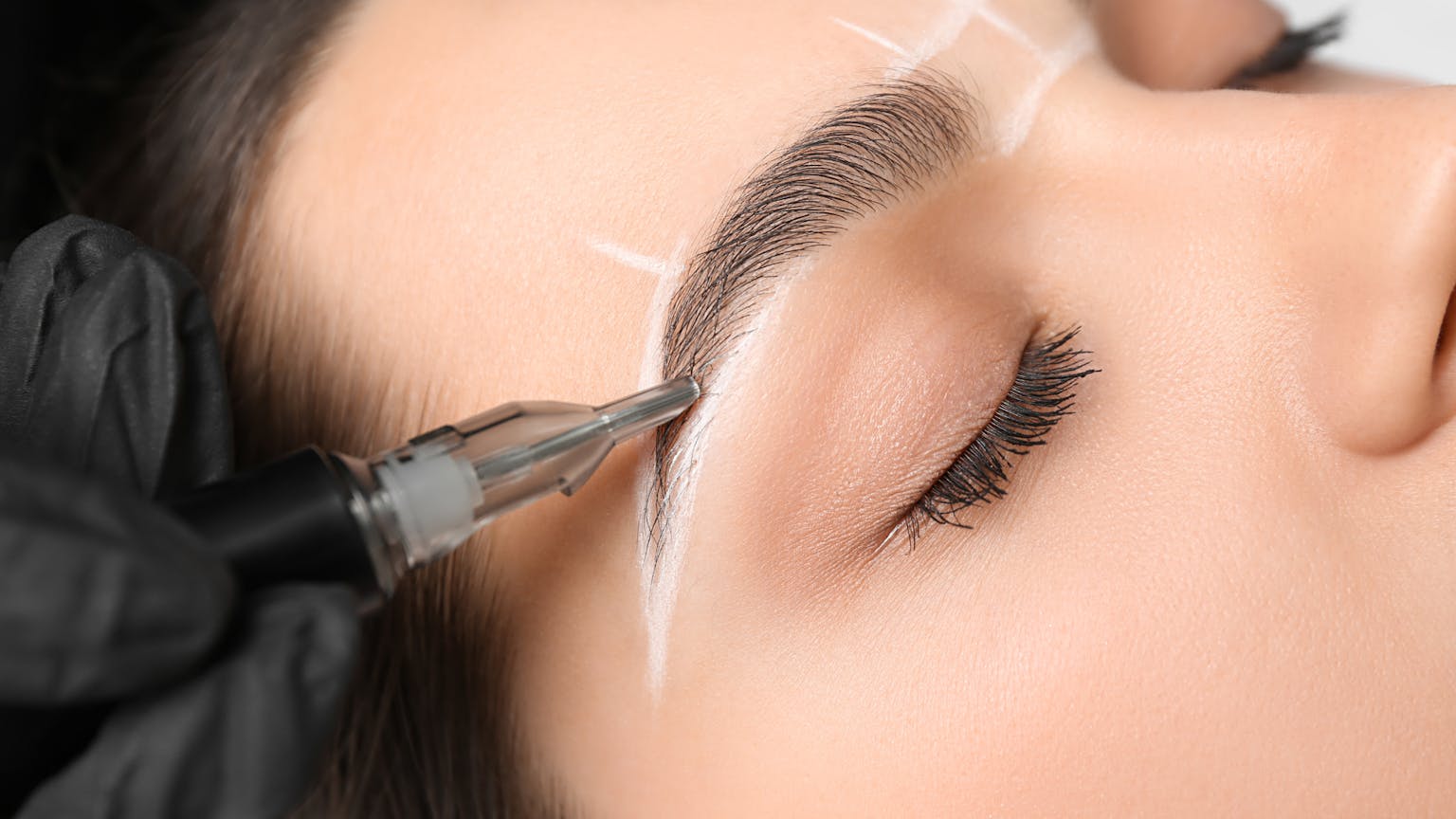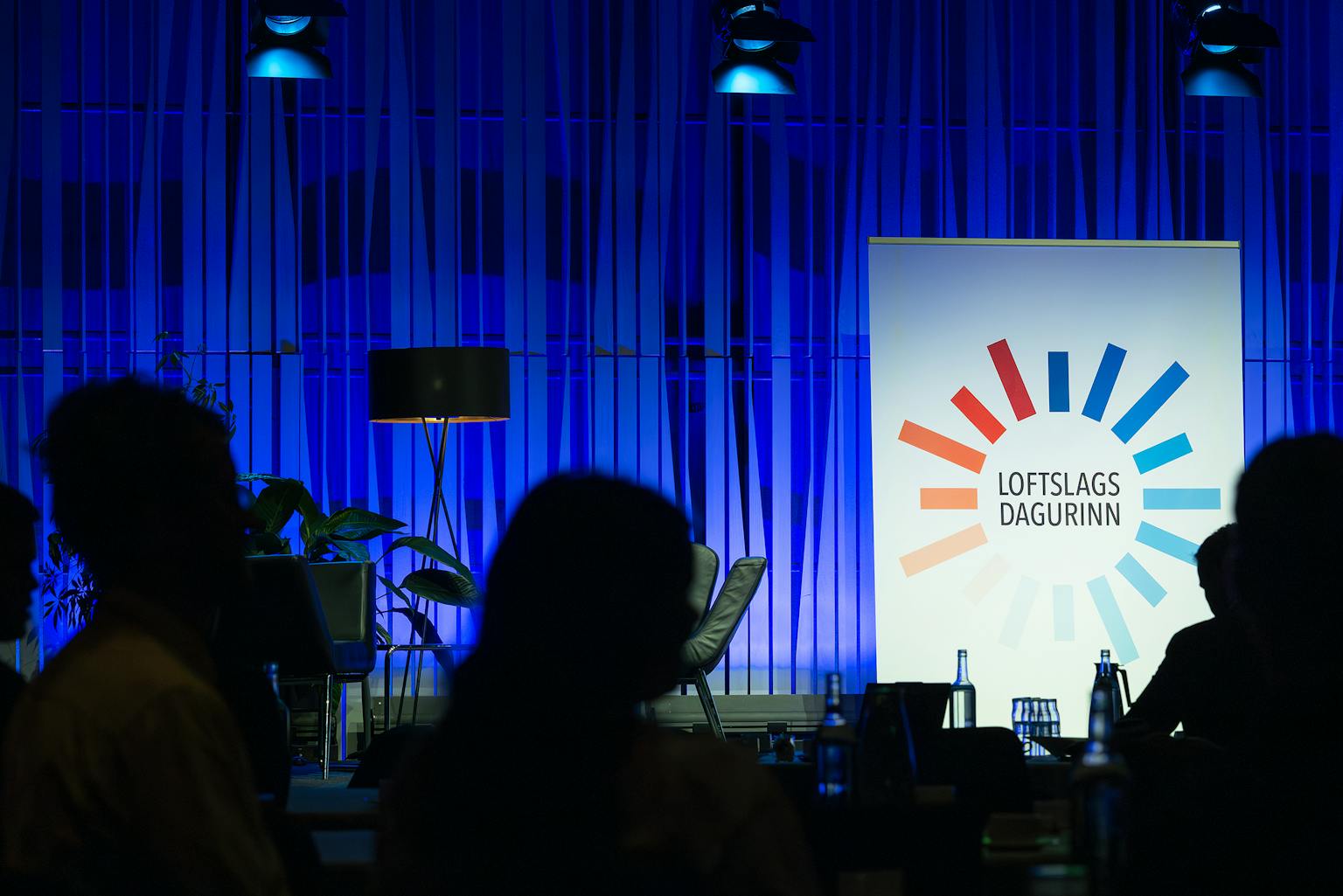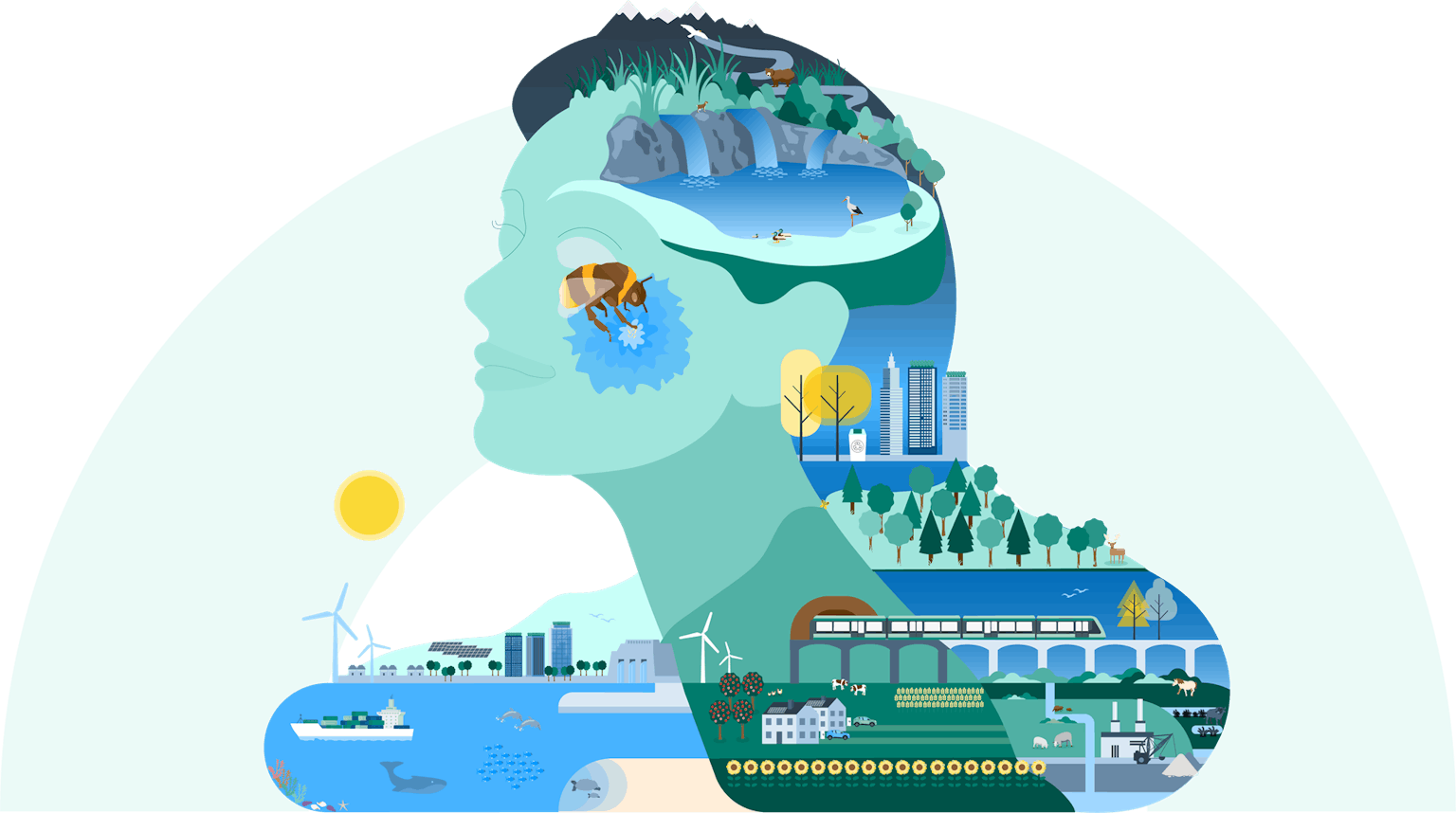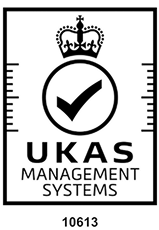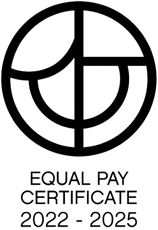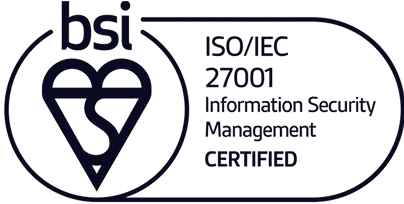Shared vision for a future in balance – Climate Day 2025
More than 500 participants attended Iceland’s Climate Day on 1 October 2025. The theme of the day, “A Future in Balance – How do we find harmony between nature and action?” guided every presentation and discussion. The event took place in Harpa Concert Hall and was streamed live online. It attracted a diverse audience of representatives from the public, government, academia, business, and education, and demand for attendance exceeded available seats. Ambitious goals take us further Gestur Pétursson, Director General of the Icelandic Environment and Energy Agency, opened the event with an address comparing the fight against climate change to a journey into uncharted territory. He emphasized that ambitious goals are the key to progress, stating: “Ambitious goals take us further than those based only on minimum expectations for ourselves.” Gestur highlighted that Iceland has already taken important steps — including setting the target of carbon neutrality by 2040 — and stressed the need for unity between government, business, the scientific community, and the public. “With ambition, a positive mindset and shared responsibility, we can go far,” he concluded. Gestur Pétursson, Director General of the Icelandic Environment and Energy Agency Good and bad news from the emissions inventory Birgir Urbancic Ásgeirsson, specialist in the greenhouse gas inventory team, presented the latest data on Iceland’s greenhouse gas emissions. He reviewed the main emission categories and recent trends, highlighting several positive developments: A sixfold increase in carbon sequestration from forests since 2000 A 30% reduction in emissions from waste disposal over the last 20 years A 90% drop in imports of high-GWP refrigerants over the past six years A 40% reduction in fuel use by fishing vessels since 2000 However, Birgir also pointed out the main challenges ahead: Wetland restoration is progressing slowly Oil consumption remains too high, including in road transport Agricultural and industrial emissions have changed little in recent year The presentation was based on newly published provisional figures on Iceland’s historical greenhouse gas emissions, released in September 2025. Birgir Urbancic Ásgeirsson Forecasting Iceland’s energy transition According to Jón Ásgeir Haukdal Þorvaldsson, head of the energy transition and efficiency team, emissions from fishing vessels could decrease by 49% by 2030 compared to 2005, while the catch value has risen by 95% since then. “This shows that efficiency has improved — fishing vessels are now creating far more value per unit of emissions,” he noted. Jón Ásgeir Haukdal Þorvaldsson Jón Ásgeir presented projections showing how new government priority actions are expected to impact Iceland’s “community emissions” by 2030: 38% reduction in emissions from fossil fuels including 8% from road transport, 49% from fishing vessels, and 71% from other combustion 4% reduction in agricultural emissions 24% reduction from F-gases and geothermal plants 49% reduction from waste In total, this would represent a 28% reduction in community emissions — compared to Iceland’s 41% reduction target under the Paris Agreement. Sigurður Ingi Friðleifsson, Director of Energy Transition and Circular Economy, discussed the progress and challenges of Iceland’s energy transition.
He compared developments in road transport and the maritime sector, emphasizing how rapidly change is taking place in some areas — while others still lag behind. Sigurður Ingi Friðleifsson In his closing remark, Sigurður captured the scale of transformation in simple terms: “In the eight minutes this talk has taken, electric cars in Iceland have saved the import of around 750 litres of foreign oil — preventing 1,700 kilograms of CO₂ emissions”. Wellbeing and happiness Nicole Keller, head of the emissions inventory team, encouraged managers to create workplaces that promote wellbeing — arguing that this is good for climate action too. “Wellbeing leads to better decisions, which in turn foster greater wellbeing and higher quality of life,” she said, adding: “The state of our nervous system determines whether we become narrow-minded and afraid of change — or whether we can think big, move forward, and make good decisions.” Nicole Keller Þorbjörg Sandra Bakke, head of the circular economy team, spoke about how a circular economy can directly increase happiness — for instance, through small actions like borrowing from a neighbor, which strengthen both wellbeing and community connections. Þorbjörg Sandra Bakke
